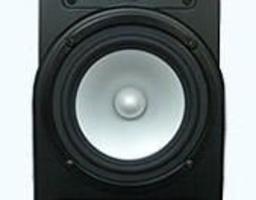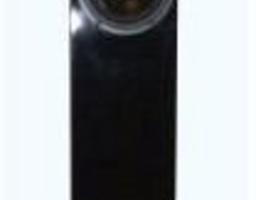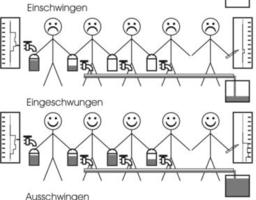Audio Measurements
Trust our experience
Foto Story
PDF Download The developement of time-correct Loudspeaker
Speaker Developement
1. The Analog.on Nugget – 1
2. The Team – 2
3. The measuring system ATB PC Pro – 3
4. The Speakers – 5
5. The Enclosure – 6
6. The Crossover – 17
7. The dampening material – 19
8. Mounting – 20
9. The sound test – 22
Theory – 24-109
Table of Content – 110-111
Loudspeaker measurement
1. The frequency response – 1
2. The measurement signals – 2
3. The measurements – 3
4. Environment Independent Measurement – 5
5. The time behaviour – 6
Theory I-V – 17
Photostory OK²
1. The high frequency range – 3
2. The mid-low frequency range – 8
3. The crossover – 14
4. The Loudspeaker V-Monitor – 28
5. The unique technology – 41
6. The loudspeaker Analog.on OK² – 35
W1 Comparison of the sound radiation of sound baffle and Waveguide – 39
W1.1 The phantom or secondary sound source – 39
W1.2 The Baffle Step – 40
W1.3 Proof of the secondary sound sources – 41
W1.4 The time behaviour of the sound wave on the sound baffle – 44
W1.5 The delayed reflexion of the sound baffle – 46
W1.6 Comparison of sound baffle and Waveguide Simulation – 47/48
Photostory Dipol-Cardioid
1. Microphone – 1
2. Sound propagation – 2
3. The open baffle step – 3
4. The controled acoustic short circuit – 5
5. The Dipol-Cardioid Loudspeaker – 6
5. Comparing Measurements – 7
5. Cabinet drawing for the Diopol-Cardioid – 8
The Quality Factor
- The Quality factor
- The Frequency Amplitude Plot and Cosinus-Burst Measurement
- The Quality Factor of Circuits
- Compensation of Resonances
- Evaluation
- K1 The Function of Digital filters
Calibration of the audio High-End System in Cars
1. Delay
2. The frequency crossovers
3. Connection plan for the DSP outputs
4. Running the software
5. Equalising the single speakers
6. Tweeter frequency response
7. Frequency response of the mid-range speaker
8. Adjusting the sound level of the tweeter and mid-range speakers
9. Crossover for tweeter
10. Crossover for mid-range speaker
11. Transition tweeter and mid-range speaker
12. Setting up the delay of the tweeter
13. Listening test for the delay settings
14. Sound level adjustment between mid-range and bass speaker
15. Crossover for mid-range and bass speakers
16. Determination of the delay for the mid-range speaker
17. The settings for the bass, subwoofer speaker
18. The settings for the passenger side
19. Setting up the equaliser
20. Adjusting to the Car&HIFI curve
21. Considerations when setting up a DSP crossover, compendium
P1. The delay function
P2. Equalising the single speakers
P3. Adjusting the delay of the tweeter using ATB PC Pro
P4 Setting up the delay for the mid-range with ATB PC Pro
High-End audio systems for cars are active systems, which means that each speaker is
driven by its own amplifier. The input signals to the amplifier from CD, Radio, and MP3 etc.
pass through a DSP (Digital Signal Processor) that includes a programmable digital
Crossover for bandwidth restriction, also an equaliser for frequency compensation and
also phase shifters and delays, to optimise the phase or time behaviour of all speakers
in relation to each other, before hand.
The correct adjustment of the DSP with its complex functions demands appropriate
measurement technology, only then make individual preference corrections real sense.
The goal of master-mind use of DSP is a well balanced and pleasing sound quality of
the audio system in general, a high definition of details, convincing stage imaging and
auditory spaciousness and also minimum distortion such as that, that results from over
powering the single speakers for instance.




